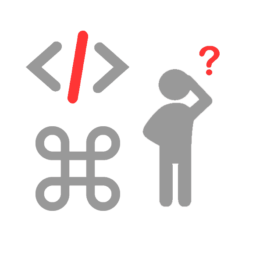
NLP Simple Deletion
What is NLP Simple Deletion
Any statement with missing of deficient information is a simple deletion. In NLP Simple deletions are where part of the meaning are left out or lost. You can notice them in sentences with it and that. Also when referring to missing descriptions (adjectives) – as in “Please give me the report.”, can be challenged with the question “Which report do you want, specifically”. Assuming that you know which category or thing the person means can get you into trouble. You think you know which report the boss wants when she says “Get me a report on it straight away”. Filling in her request blindly and delivering the report will result in a mind read, cause you have to fill in the information for “it”. Mind reading fills in the deletion gaps.









